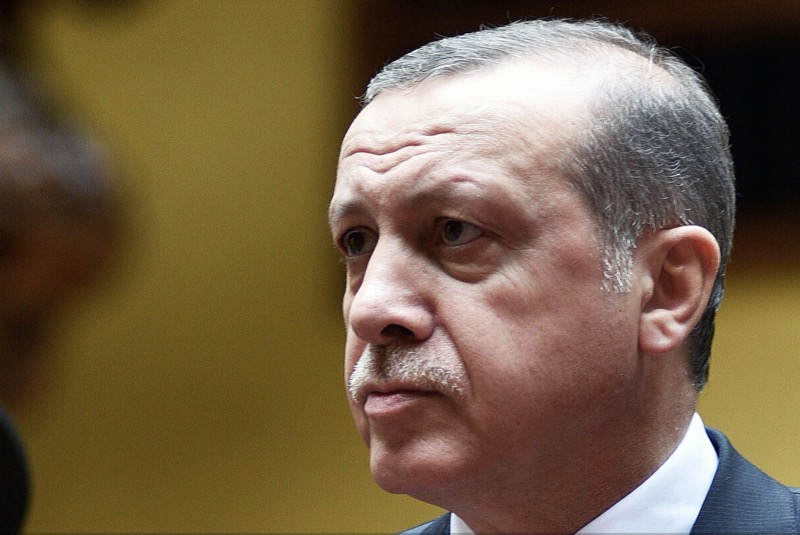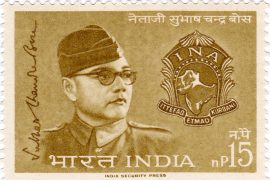Turkey’s voters cast their votes for the presidential elections, re-electing Recep Tayyip Erdogan as the President of Turkey. The re-election of Erdogan represented a huge test of his long political career. For someone who, as Mayor of Istanbul, had to accept a five-year ban before re-entering politics, the win would have meant an acceptance by his devoted following of all that he has lived by.
According to the state news agency Anadolu, he captured 52.1 per cent of the vote, compared with 47.9 per cent for his challenger, Kemal Kilicdaroglu. Yet once again, he lost the cities of Istanbul and Ankara. Ergo, he will undoubtedly continue high-handed action towards his opponents in both of these cities.
Though Kemal Kilicdaroglu did not challenge the results, he called it the “most unfair election” and accused Erdogan of leveraging his state power. Part of the reason for Erdogan’s win was also because his opponent Kemal Kilicdaroglu, supported by five secularist parties, failed to secure strong support even among the secularists, having lost all his earlier attempts to gain political advantage for his coalition of parties. The result of the election is that it has further consolidated the hiatus between the secularists and the anti-secularists, represented by Erdogan’s faithful supporters.
Erdogan’s success, which continues his reign of two decades, is a message to all other democratically elected leaders whose successive successes at the hustings have made them autocratic in their exercise of power.
In terms of Erdogan’s internal and external policies, we can expect more of the same. Internally, he is likely to continue with policies against high-interest rates even though the value of the Turkish Lira is now over 20TL to the US dollar. He will nevertheless have to reign in the massive inflation the country faces not only to ameliorate the condition of the people but also to have a free hand in pursuing his external policy.
We can expect Erdogan to strongly follow his initiatives in claiming off-shore blocs in the Mediterranean; and off the Libyan coast in return for supporting the UN-approved government in Tripoli; his continuing to militarily hold the buffer zone he has created in the Syrian province of Idlib.
The Kurdish political party (HDP) and the PKK, labelled as terrorists, will continue to face a hard time from the Turkish army. And, despite membership in NATO, Erdogan will continue his friendship with Russian President Putin, including purchasing sophisticated missile systems, regardless of the continuing war with Ukraine.
With the coming of Erdogan two decades ago, India saw an increasing articulation of Turkey’s stand on the Kashmir issue. Erdogan has never failed to add his voice of support whenever the issue has come up in international fora, mainly if it built his status as an Islamic leader. This will continue.
To some extent, this support of Pakistan is historic, given that from its creation, Pakistan had identified with Turkey as a model-secular state with a 95 per cent population of Islamic persuasion where the army was tasked with protecting the secular constitution.
For Turkey, Pakistan was always the ‘kardesh’ or brother, and India was the ‘dost.’ This is what made the Turkish government name the road on which the Indian Embassy is located ‘Jinnah Cadessi’ or Jinnah Street. Yet, in the last 75 years, much has changed: neither has Turkey remained secular nor Pakistan remained truly democratic.
Despite the political aspect of the India-Turkey relationship, our trade has been buoyant. Bilateral trade has increased 41 per cent in April-November 2022, year-on-year, driven primarily by higher crude petroleum imports, according to Ministry of Commerce data. The increased imports from Turkey could be because some Russian crude exports were rerouted through Turkey and also because the Turkish Lira fell by 30 per cent, making Turkey’s exports more competitive.
Politically, India can expect more of the same from Turkey now that Erdogan is back with a vengeance. At the same time, India has learnt to deal with these Turkish outbursts, given that it has become rare for the UN Security Council to take up the Kashmir issue when it comes up in the UN Human Rights Council.
India can expect that, whenever voicing support for the Kashmir issue enhances his Islamic credentials, Erdogan will not fail to do so, particularly in meetings of the OIC. At the same time, India has excellent relations with all the Islamic countries – particularly in the Gulf like Abu Dhabi, Kuwait and Qatar – and neither do all these countries buy into Erdogan’s brand of Islam.
Ambasador Rajendra Abhyankar, served as India’s Secretary of External Affairs from 2001-2004. He has also served as the Indian Ambassador to the European Union, Belgium and Luxemburg, Azerbaijan, Turkey, Syria, and Cyprus.
-30-
Copyright©Madras Courier, All Rights Reserved. You may share using our article tools. Please don't cut articles from madrascourier.com and redistribute by email, post to the web, mobile phone or social media.Please send in your feed back and comments to editor@madrascourier.com











